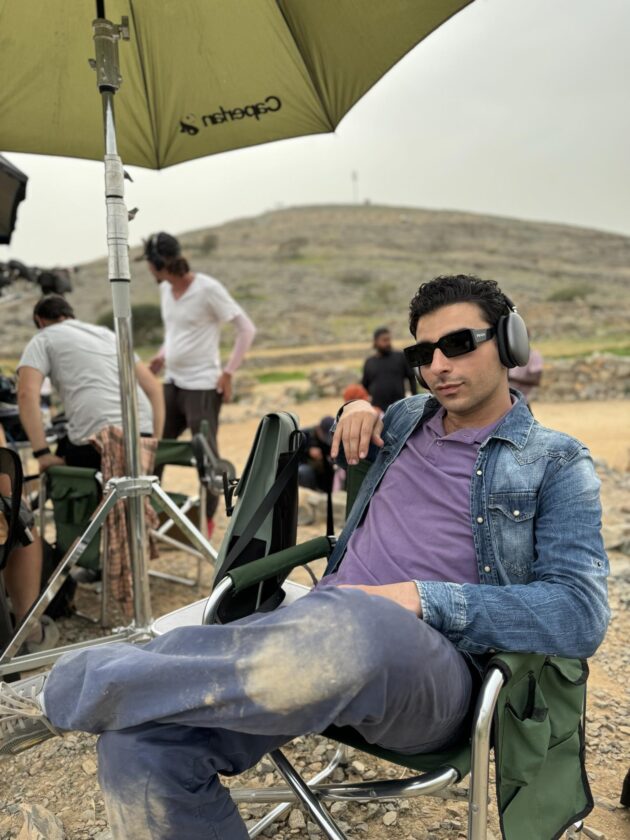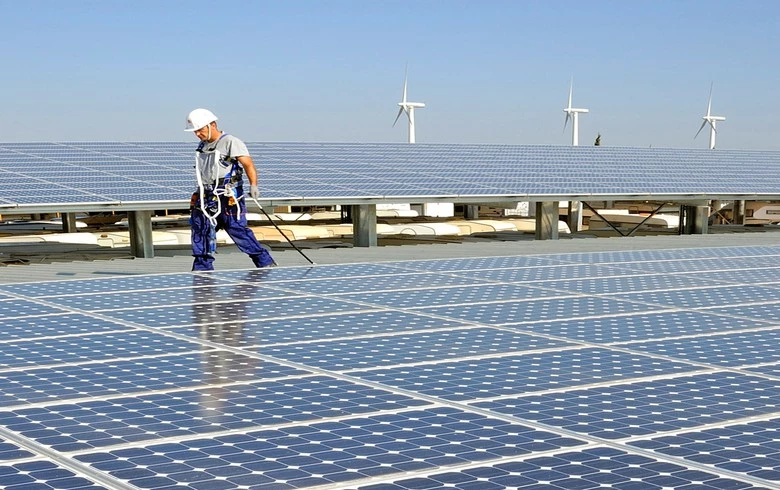As part of its support for the promotion of freedom of expression, media pluralism and the regulation of the audiovisual sector in Tunisia, the Council of Europe, in partnership with the Independent High Authority for Audiovisual Communication (HAICA), organized a seminar on “Internet, social networks and electoral processes” in Tunis on 20 and 21 June 2019. This is the first activity carried out with HAICA under the PAII-T framework, a new joint project between the Council of Europe and the European Union which was officially launched in Tunisia on 20 June 2019, the Council of Europe reported on its website.
The use of new information and communication technologies continues to generate new forms of information disorder, particularly on social networks, which allows some people to increase their use of misinformation and misinformation online, which could be damaging especially in electoral contexts.
This type of multifaceted, instantaneous communication, which, a priori, does not require any particular technical skills, could undoubtedly bring major changes and influence the conduct of electoral campaigns, the chances of candidates involved in this process and even the results of elections.
Mr Nouri LAJMI, President of the HAICA of Tunisia and Vice-President of REFRAM, highlighted the different information manipulation practices used on the web to increase the popularity of some candidates during elections. He explained the need to set up a “Fact-Checking” system to track down misinformation circulated online and to promote reliable information.
In turn, Ms Roberta Batista, Programme Officer at the Council of Europe, said that her organization would support the HAICA and all stakeholders concerned by this initiative in order to launch an inclusive national debate on the challenges posed by new technologies and the phenomena of misinformation or “Infox” circulated online. She also noted that the Council of Europe will endeavour, in particular, to equip journalists in the regions in order to respond to these phenomena in the most effective way in the context of the elections to be held in Tunisia from the month of October 2019.
During two days, national and international participants (from France, Belgium, Switzerland, Côte d’Ivoire and Mexico) were able to exchange their expertise in media and social network regulation and the fight against the spread of “Infox “ on the web as well as their experiences in setting up different models of “Fact-checking” information verification platforms in their respective countries. The experts also highlighted the role that media education can play in raising public awareness in order to optimize their ability to consult, understand, create and critically evaluate different types of information, particularly in a context of competitiveness between traditional media and new digital platforms.
TunisianMonitorOnline




